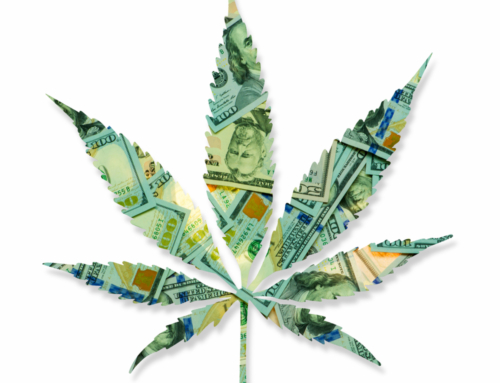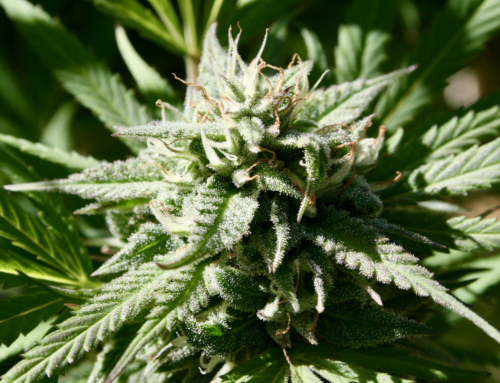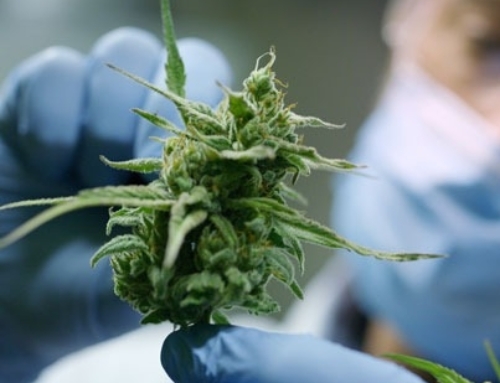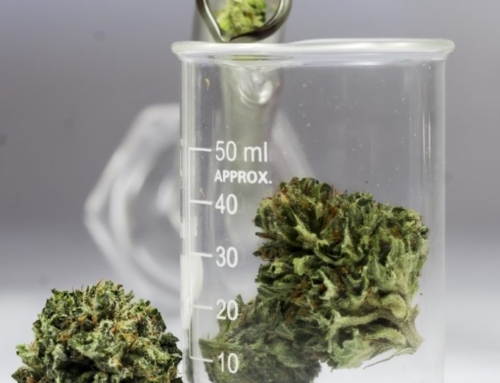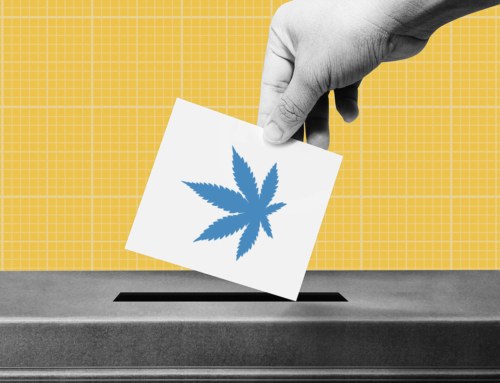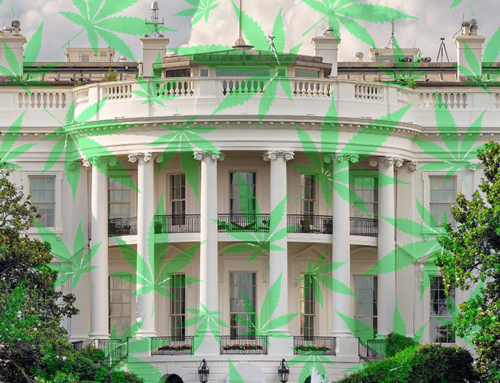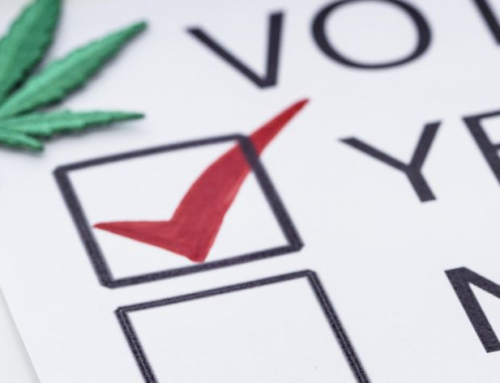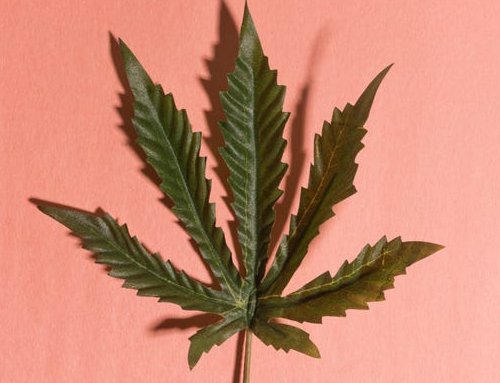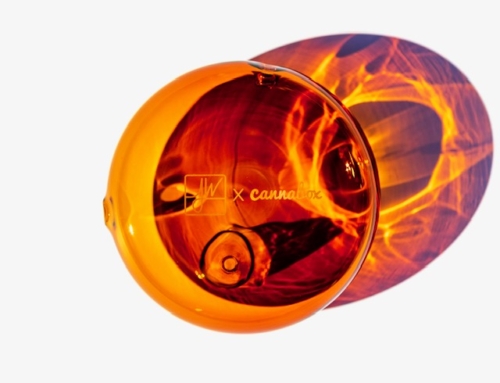Marijuana consumption is still a taboo, but it seems like the millennial generation is working hard to change this fact. They are the pioneers of recreational weed usage and the major reason why many states decided to legalize marijuana since 2012.
Contrary to baby boomers, Millennials prove to be open to new experiences and hence turn into genuine drivers of social changes. And it’s not only about changing the social climate – Millennials are also contributing to the growth of a brand new industry. The global cannabis market size was $10.6 billion in 2018 and it was projected to reach almost $100 billion by 2026.
But how Millennials are fueling the cannabis economy? Keep reading to see what makes them so excited about recreational marijuana usage.
Who Are the Millennials?
Jake Gardner, at the dissertation service, says that you need to understand the Millennials’ traits, values, and interests if you want to learn their motives to embrace weed.
Millennials are individuals born between 1980 and 2000. There are over 80 million Millennials in the US, which already makes them the largest social cohort in the States.
What are the traits of an average Millennial?
First of all, they are tech-savvy persons who use social networks and other digital tools to discover new things, concepts, and trends. They communicate and learn quickly, which makes them more flexible and prone to changes than older generations.
Secondly, they are well-educated professionals willing to embrace new behavioral patterns. Instead of sticking to tradition and social routines, the Millennials are acting independently and reconsidering old and/or obsolete values.
All this makes the Millennials the loudest supporters of recreational marijuana consumption. Various reports prove this point:
Nearly 55 million adults in the US currently use marijuana, with over 35 million being regular users.
More than 50% of all individuals who reported marijuana use were in the millennial age group.
As much as 76% of the Millennials believe marijuana should be fully legalized.
Almost 90% of the Millennials claim that weed is safer than booze.
“It seems like everyone is smoking weed these days, especially the remote writers,” says Martin Crick, the content writer from Killer papers review. Many studies reveal that Millennials are the real drivers of the cannabis economy, but let’s dig deeper and figure out the reasons why they do it.
Why Millennials Enjoy Cannabis?
Now that you know the traits of a typical Millennial, it is time to think about their motives to consume cannabis products. There is no one concrete reason to do it, but rather a whole set of ideas, causes, and intentions. We will point out the most important reasons here:
Cannabis doesn’t cause a hangover
The vast majority of Millennials prefer marijuana over alcohol because it doesn’t cause a hangover. They don’t have to suffer the day after going out and go through the pain and agony of the hangover, while they also behave better and remember everything they did the night before.
Marijuana is cheaper
Another major reason to consume cannabis products is the fact that marijuana is cheaper than booze. Instead of spending $50 to get drunk, they can create the same (if not better) effect for $15 to $20.
Weed helps them relax
Very often when an individual who feels stressed out is going to check out and test cannabis products. Unlike alcohol, marijuana is ideal for persons who want to relax and fend off anxiety. According to the report, smoking cannabis can significantly reduce self-reported levels of depression, anxiety, and stress in the short term.
Weed is not toxic and has zero calories
The Millennials are all about health and fitness, which is yet another reason why they prefer cannabis as the primary relaxation method. Namely, weed is not as toxic as booze and it comes with zero calories. In other words, you can consume it without damaging your body.
Cannabis legalization allows authorities to focus on other crimes
We already mentioned that the millennial generation is prone to nurturing and promoting certain goals and values. One of their motives to support marijuana legalization has a broader social context. Namely, state authorities won’t have to deal with weed dealers anymore, so they can focus on other crimes instead.
Cannabis is a good investment opportunity
Millennials are not only cannabis consumers but also investors. Reports reveal that Millennials consider marijuana products to be a great investment opportunity, which is one of the most important success factors of the entire cannabis industry.
What Slows Down the Cannabis Industry?
The cannabis industry is obviously experiencing a breakthrough, but there are a few obstacles it still needs to overcome in order to achieve an even biggest impact on potential consumers worldwide.
First of all, the vast majority of decision-makers are still against it and it’s hard to imagine them changing their minds anytime soon. So far, cannabis is legal in nine states, but the pan-American legalization is still far away.
Secondly, the whole topic is still very controversial. A lot of people are raising eyebrows when they hear someone talking about smoking weed, which is why so many Millennials hide the fact that they consume marijuana on a regular basis.
Besides that, numerous studies show that regular pot use among adolescents permanently lowers IQ. Needless to say, it doesn’t make the parents happy and thrilled about marijuana legalization.
The Bottom Line
Although cannabis usage remains a widespread taboo in the US, the millennial generation is certainly doing its best to change this fact and make it a non-controversial topic. In this article, we showed you:
The basic traits of a typical Millennial
Why the Millennials enjoy cannabis
What slows down the cannabis industry
What do you think about recreational marijuana consumption? Do you agree with the Millennials who want to see it fully legalized? Make sure to share your opinion with us – we would love to see how you perceive the growing popularity of cannabis products on the millennial cohort.
Originally published by Tiffany Harper.


